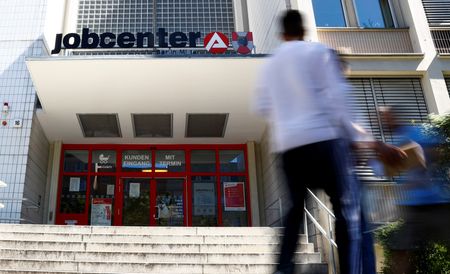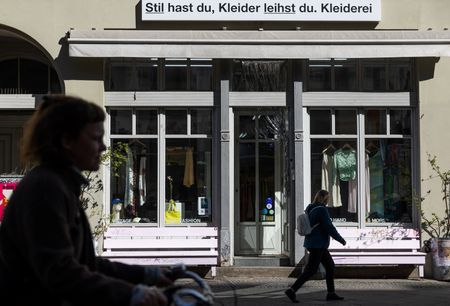MADRID (Reuters) -Delivery Hero on Friday said it remained committed to operating its Spanish subsidiary Glovo despite warning that potential social security charges and penalties could threaten its ability to operate in the country.
Spain introduced gig-economy worker rights legislation in 2021, mandating food delivery platforms to employ riders under formal contracts. Glovo faced fines for non-compliance between 2022 and 2023, though the company said it had appealed and won some cases.
Delivery Hero transitioned its freelance riders in Spain to full-time employees last year, incurring a 100 million euro hit to earnings and prompting a drop in its share price.
“There are of course costs associated with that and the previous engagement model, but we are working through this,” a spokesperson said on Friday. “We are in a strong financial position, as shown by our H1 results and we remain committed to operating Glovo in Spain.”
The spokesperson also said the Spanish business was making “great progress”.
In Thursday’s earnings report, Delivery Hero said Glovo was exposed to additional social security charges and penalties, with rider reclassification risk-related contingencies ranging between 562 million euros ($658 million) and 923 million euros, mostly in Spain.
“If these risks should comprehensively materialise, such payments may not be satisfied within (the unit) operating business activities without additional financial support of Delivery Hero,” it said in its earnings report.
Consequently, “significant uncertainty” exists with respect to the ability of Glovo Spain to keep functioning as a stable company, it said.
($1 = 0.8542 euros)
(Reporting by Emma Pinedo; additional reporting by Linda Pasquini; Editing by Kirsten Donovan and Matt Scuffham)










